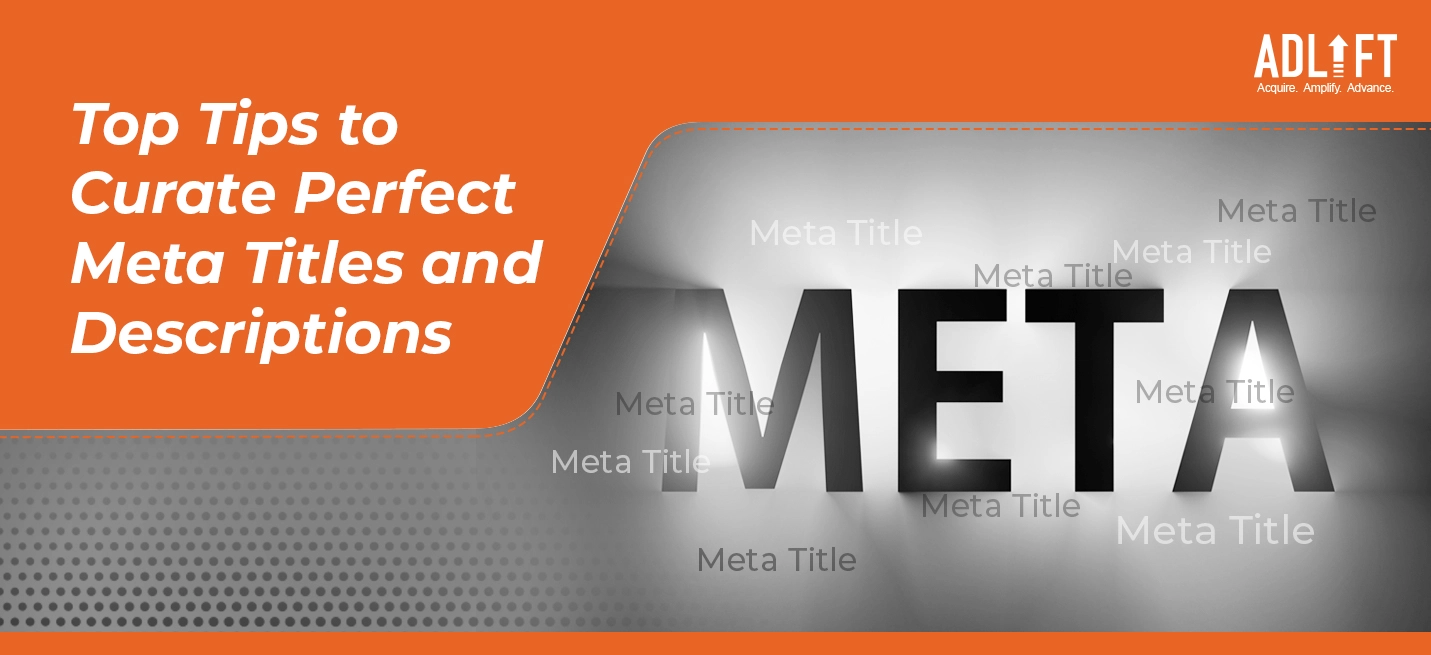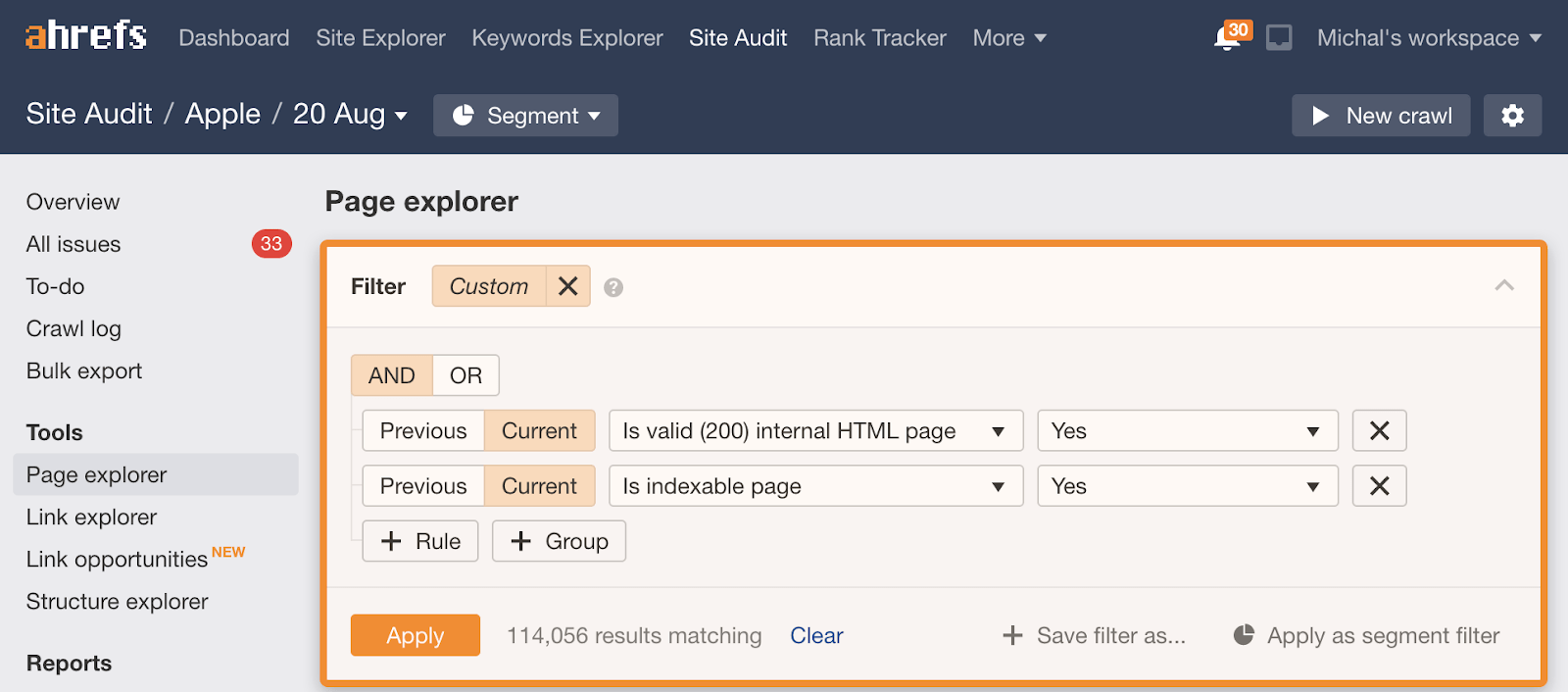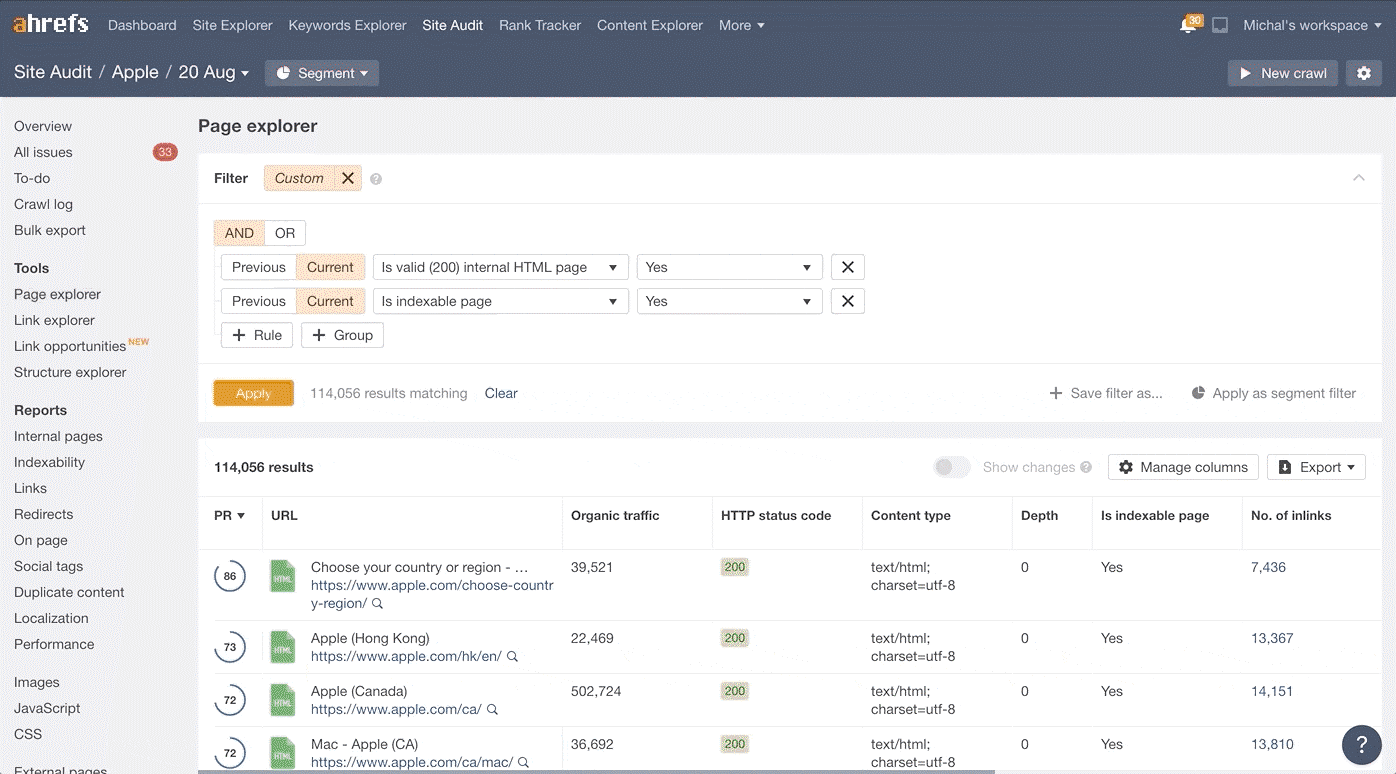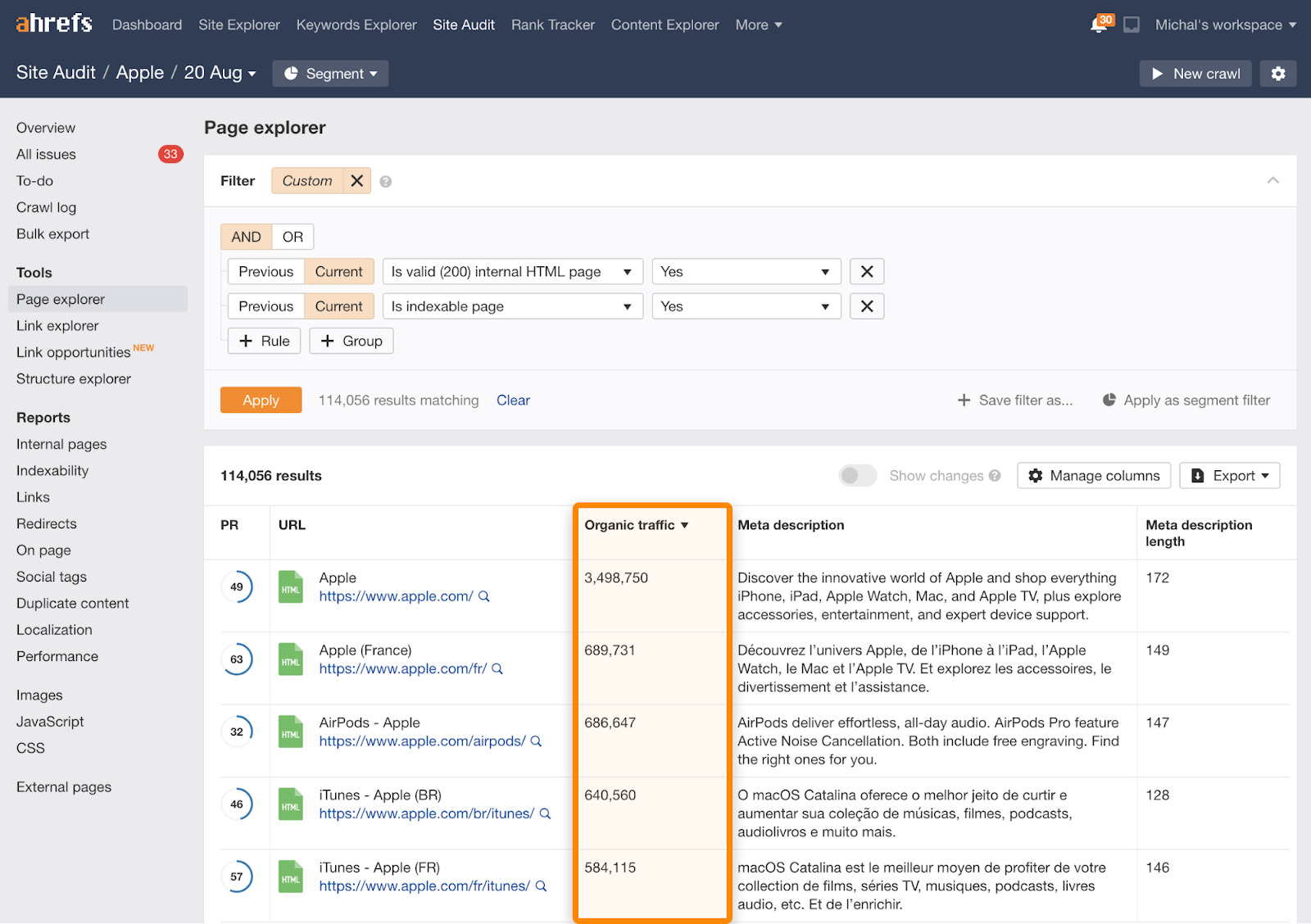Concise or Creative: Learn How to Curate The Perfect Meta Title And Descriptions

If you are someone who is not frightened to write a 1000-word article, but the thought of writing the Meta titles and descriptions scares you out of your wits, you are not alone. Yes, you read that right. It’s perfectly fine to get writer’s block even before you start.
But don’t worry. Consider this guide your knight-in-shining-armor to help you write top-notch meta titles and meta descriptions in a jiffy. However, before we start, let’s brush up on the basics of meta titles and meta descriptions in the first place, shall we?
Striking a Contrast Between Meta Title and Meta Descriptions
Search engines like Google use algorithms to eliminate content that is not unique or credible. They do this by scrutinizing a website’s metadata, which tells the search engine what kind of information is on your website. The three major components that search engines like Google crawl are: meta keywords, meta titles and descriptions.
The meta title defines the title of every page of a website. It serves as a balancing act of both a “hook” and a summarization of the article. Moreover, it fabricates a way for your readers to determine whether they will obtain the information they are looking for if they click on your link.
Characteristics of a Good Meta Title and Meta Description
Short and Snappy
A good meta title and description would appear in the SERP without any word or character being cut off. The ideal character limit for a meta title is 50 to 60 characters, while it’s 140 to 156 for a meta description.
Be Authentic
It’s really simple to understand that if you write different pieces of content with the same title, the audience cannot tell them apart and determine which one is relevant to their search intent.
Similar is the case with meta descriptions, and if your search engine does not find it relevant to your article, it will automatically use some other content to fill up that space. This ultimately will bring down the user experience as the message may not be portrayed perfectly.
Don’t Forget Your Keywords!
While it is important to make your meta title and description click-worthy, there’s an SEO rule that if your focus keyword is at the beginning of the title tag, it will have more impact on the search engine. Moreover, when we talk about meta description, the search engine will be more inclined to use it if it has an appropriate keyword insertion.
Best Practices to Write Effective Meta-data
Keep these following pointers in mind while writing meta-SEO tags to attract more audience to your website:
Make them Persuasive
It goes without saying that your job is to make your target consumers click on your website. To do that, you must make your meta title and description tempting and influential for inviting responses.
Passive Voice is a Big NO!
Words and sentences that are written in a passive voice often have negative qualities. One of the disadvantages is that your primary message gets shoved to the end of the sentence. Also, a sentence written in passive voice requires more words compared to a sentence in active voice.
Keep Your Consumers in Mind
It is extremely important to keep the target audience in mind while framing the content for your webpage. It is the first thing that they encounter when they come across your website on SERP.
Prioritize Meta Description Creation and Editing
To stand out amongst the enormous crowd of competition, you need to pay attention to details. That said, you should not focus on your meta description only during the publishing process.
There might be pages wherein you don’t have standard meta descriptions. However, you would not need to audit the entire website just for meta description. Instead, you can simply focus on the web pages with the most search traffic where a good-quality meta description can make a difference.
You can easily find these pages with the help of Ahrefs Webmaster Tools by following these steps:
1. The first step would be to simply create a free account. Followed by running a crawl with Site Audit. Next, go to Page Explorer and apply the necessary filters.
2. From there, select the “Manage columns” option, followed by “Meta description”, “Meta description length”, and then “Organic traffic”.
3. In the next step, you will be required to sort the web pages as per their organic traffic. Now, you will be able to look at your most important meta descriptions and you can check for those that are not up to the mark or are entirely missing.
4. Lastly, select the “View affected URLs” option to access the report and sort your web pages with the help of organic traffic to get the prioritization right.
And voila! You are done. Pretty easy, wasn’t it?
Some Stellar Examples of Meta Description
Lonely Planet
This search result from Lonely Planet does an amazing job of satisfying the search query of their readers while selling their brand. In fact, with just two words, their meta description appeals to travel enthusiasts who might be searching for something inspirational.
MailChimp
When MailChimp realized their potential consumers did not always get their brand name right, they simply embraced this common mistake and created a page around it. This meta description makes us curious about what the page contains.
Fitbit
This meta description by Fitbit left no room for confusion about what you will find on their webpage. Clearly, they go with the approach of keeping their page purely informative instead of making it pushy. There’s simply a call to action inviting people to follow their content.
What Importance Does Meta-Data Hold?
Meta-data, if simply understood, plays a significant role in impacting your website’s click-through rate and traffic. This is because it helps the user understand what your website content is, which will make them click on the URL. Good quality metadata serves as an opportunity to form an impression on your potential audience when they visit your website. Therefore, it serves to provide a better user experience.
Meta-data also attracts organic visitors to click through to your website, hence increasing traffic on your site. Moreover, when these web pages are shared on different social media channels, the meta-data is displayed to explain what the page is all about. Therefore, strong meta-data will encourage more clicks from consumers, showing their importance beyond search engine results.
How Does Google Interpret Great Meta Titles and Meta Descriptions?
To ensure that your website is ranking well on Google, it’s crucial to create meta titles and descriptions that are both engaging and informative.
Google is constantly tweaking its algorithms to provide the best possible user experience. In the past, Google used to give a lot of weight to keywords in meta titles and descriptions. However, they have since changed their algorithm to focus more on user engagement. This means that now, keywords aren’t the only things that are important. Instead, Google now also looks at things like the length of your meta title and description, as well as the click-through rate (CTR) of your website.
However, there are a few basic principles that remain constant when it comes to interpreting great meta titles and descriptions.
To start, Googlebot crawls the web to find new and updated content. When it comes to Meta titles and descriptions, Google looks for a few key things:
- Relevance: Meta titles and descriptions should be relevant to the page they are on.
- Keywords: Google looks for keywords to help determine what the page is about.
- Length: They should be short and to the point.
Ways to Optimize Meta Title and Meta Descriptions
Congratulations! You have made it this far, and now you know all about the nuances of meta titles and descriptions. Let’s move on and read about how they are optimized to stand out from your competitors.
SERP’s Appearance
Search engines like Google are constantly working to create the right SERP design for each query type by the users in the search box. So, if your meta title and description do not match how Google wants to show the results, you will leave room for your competitors to earn an easy click.
Search Intent
Search intent can simply be understood as the searcher’s intention when they type their query in the search box. Basically, your users aim for something, and it becomes your job to fulfil their aim. These are some of the major types of search intent:
- Informational: They are done to carry out information about a product or service.
- Transactional: Transactional search is done when the user intends to make a direct purchase rather than just looking for information.
- Commercial: These are the searches made while looking for the best deal on any product or service.
Unique Selling Points
USPs are the best way to earn a click on your webpage. In fact, businesses across the world have been spending enormous amounts of money on Google Ads to test which USPs would work the best on your website. Therefore, using them for your meta title and description could be a winner.
Conclusion
Mastering the art of producing your meta title and description should be a priority while optimizing the SEO for your website. However, you might require the help of experts in the field of SEO. Well, don’t worry; our award-winning writers at AdLift take pride in writing catchy meta titles and descriptions.
Apart from this, we will also diligently help you with keyword placement, site audit and other marketing techniques to enhance your click-through rate. So, what are you waiting for? Get in touch with our experts today!







